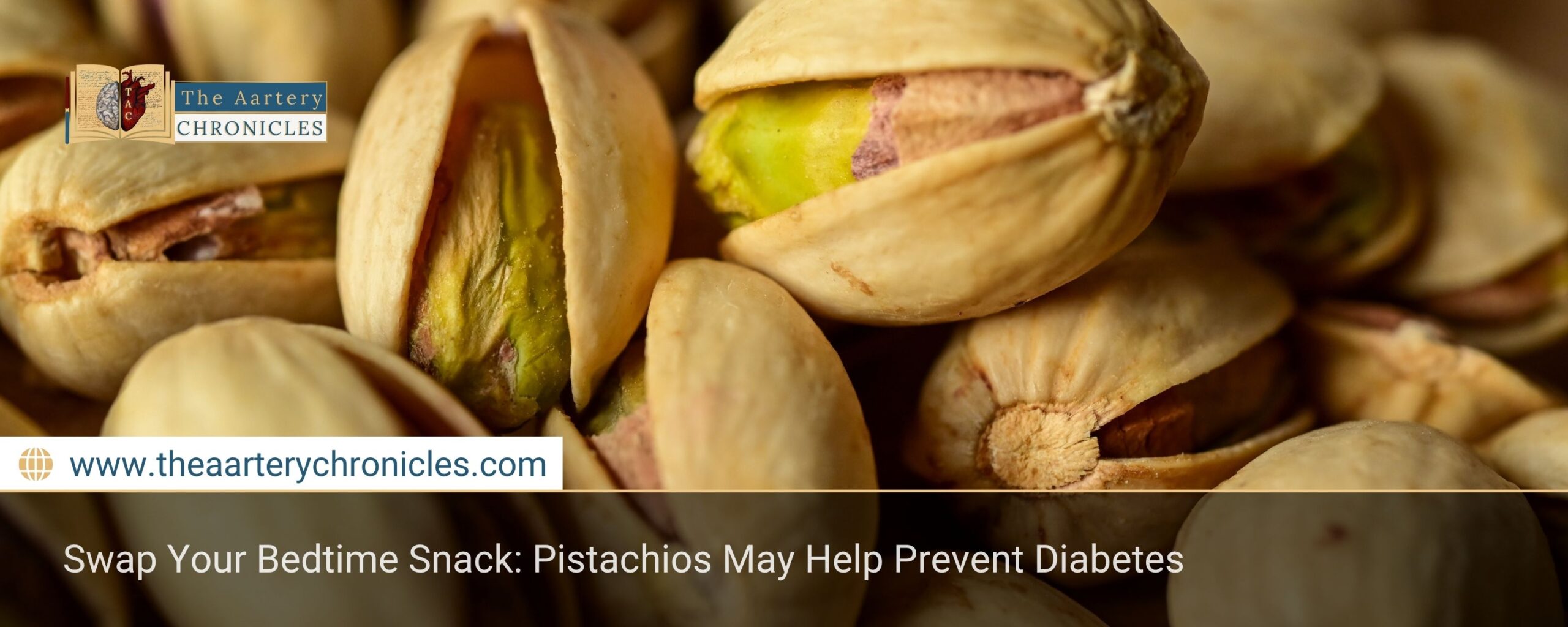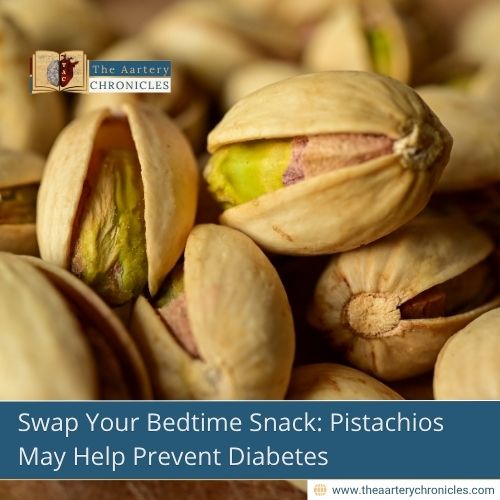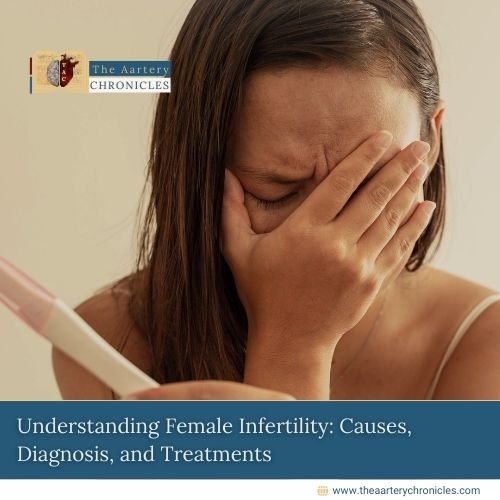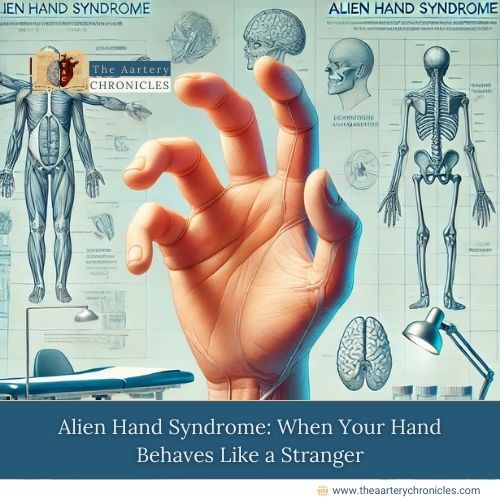

Can a Simple Snack Change Delay Diabetes? Yes-With Pistachios!
Summary: A new Penn State clinic study reveals that substituting your night-time carb snack with pistachios can change your gut microbiome for the better and slow the development of prediabetes to Type 2 diabetes. The changes in gut microbes may correct glucose metabolism and suppress inflammation.
This Bedtime Snack Swap Could Rewire Your Gut and Help Prevent Diabetes
Prediabetes affects nearly 1 in 3 adults in the U.S., and most of them are on the path to Type 2 diabetes. But what if the journey to better metabolic health starts with a smart bedtime snack swap?
Researchers at Penn State University conducted a 12-week randomised crossover trial to examine how pistachios, consumed at night, influence gut health in adults with prediabetes. Their findings?
- Pistachios nourish your body
- They also nurture your gut microbiome, possibly slowing diabetes progression.
Importance of Gut Microbiome in Prediabetes
Your gut isn’t just digesting food; it’s also regulating
- Blood sugar
- Inflammation
In people with prediabetes, gut bacteria often become imbalanced, contributing to poor glucose control.
The gut microbiome, a complex community of microbes, influences
- Glucose metabolism
- Insulin sensitivity
- Inflammatory markers
If we target these gut bugs with dietary strategies, it may offer a new way to manage prediabetes.
The Study: Pistachios vs. Carbohydrate Snacks
Led by Dr. Kristina Petersen, the Penn State team recruited 51 adults with prediabetes. Each participant completed two 12-week phases
- One involved a traditional carbohydrate-based bedtime snack (e.g., whole grain bread)
- The other features 2 ounces of pistachios
All stool samples were analysed using 16S rRNA gene sequencing to map bacterial changes.
Key Outcomes
It was found in the study that there is
- Increase in beneficial bacteria like Roseburia and Lachnospiraceae, known for producing butyrate, a short-chain fatty acid that supports colon health and reduces inflammation.
- Decrease in harmful bacteria, including:
- Blautia hydrogenotrophica – linked to kidney and heart harm.
- Eubacterium flavonifractor – breaks down antioxidants from healthy foods.
Why Pistachios Make a Smart Bedtime Snack
Traditionally, people with prediabetes are advised to eat 15–30 grams of carbs at night to maintain stable blood sugar. Pistachios offer a similar effect on glucose without the metabolic downsides of simple carbs.
“Pistachios seem to meaningfully shift the gut microbial landscape in adults with prediabetes, especially when consumed as a nighttime snack,” said Dr. Petersen.
She also noted that these microbiome shifts could have long-term benefits like:
- Slowing the development of Type 2 diabetes
- Lowering systemic inflammation
- Improving gut barrier integrity
Study Strength: The Power of a Crossover Design
This study used a randomized crossover clinical trial, where all participants received both treatments. This robust design eliminates many biases and allows for direct comparisons within the same individuals.
The authors emphasised that while microbiome changes were significant, more studies are needed to confirm long-term health effects such as
- Blood glucose control
- Kidney function
- Cardiovascular risk
Takeaway: A Snack That Supports Your Gut and Metabolic Health
This research provides early evidence that pistachios may be more than a tasty snack; they might be a functional food that reshapes
- Gut health
- Metabolic outcomes
If you’re managing prediabetes, consider:
- Swapping your nighttime toast or crackers for a small handful of pistachios (about 2 oz or 56 grams).
- Supporting your gut microbiome to reduce diabetes risk naturally.
Conclusion
Swapping out a carb-heavy bedtime snack with pistachios may offer a simple yet effective strategy to support gut health and delay the onset of Type 2 diabetes in prediabetic individuals. With promising shifts in beneficial bacteria and reduced harmful microbes, this nutty intervention could redefine nighttime nutrition.

Dane
I am an MBBS graduate and a dedicated medical writer with a strong passion for deep research and psychology. I enjoy breaking down complex medical topics into engaging, easy-to-understand content, aiming to educate and inspire readers by exploring the fascinating connection between health, science, and the human mind.








